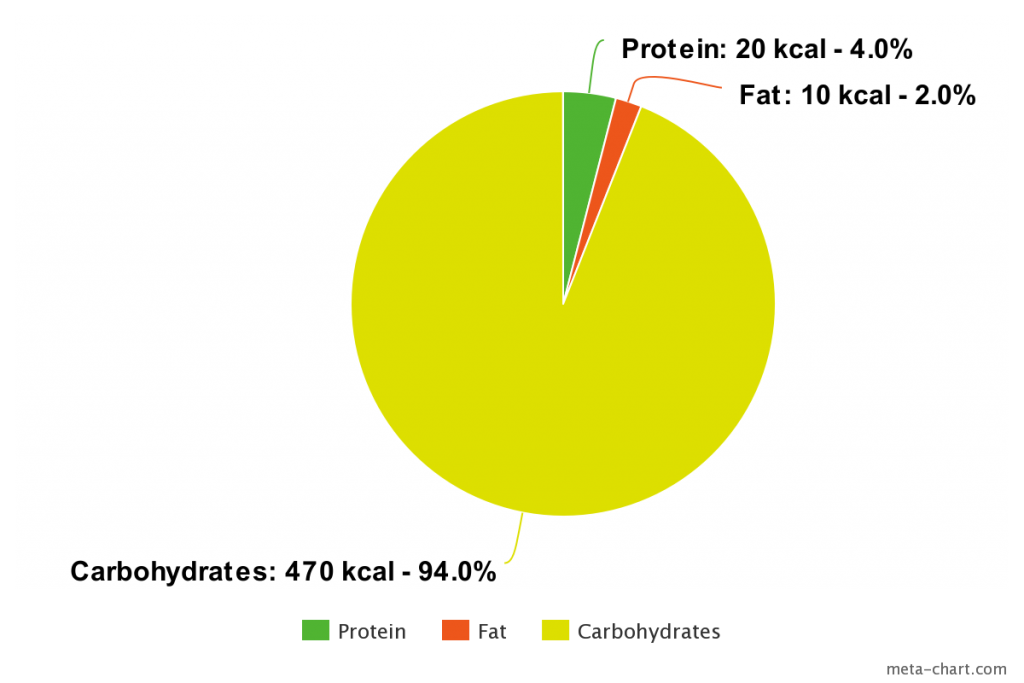Pineapple is a delicious tropical fruit loved by many. As parents, it’s natural to wonder when it’s safe to introduce pineapple to your baby’s diet. In this article, we will explore when babies can eat pineapple, considering their developmental stages and expert advice from authoritative sources.
When is the right time to introduce pineapple to babies?
According to authoritative sources such as the American Academy of Pediatrics (AAP) and the UK National Health Service (NHS), it is generally safe to introduce pineapple to babies around 6 to 8 months of age.
At this stage, babies have typically started consuming solid foods and have the necessary digestive capabilities to handle certain fruits like pineapple. However, it’s crucial to consider individual factors such as your baby’s readiness and any allergies that may run in the family.

Is pineapple a Stage 1 baby food?
Pineapple is not typically considered a stage 1 baby food due to its texture and potential allergenic properties. Stage 1 baby foods are usually single-ingredient purees that are smooth and easily digestible for infants who are just beginning to explore solid foods.
Pineapple has a fibrous texture and contains enzymes that may be harder for young babies to digest.
It is generally recommended to introduce pineapples and other potentially allergenic foods after the initial stages of solid food introduction, around 6 to 8 months of age, when a baby’s digestive system is more mature.
Always consult with your pediatrician before introducing pineapple or any new food to your baby’s diet to ensure it aligns with their developmental readiness and any specific dietary considerations.
Nutritional benefits of pineapple for babies
Pineapple not only offers a delightful flavor but also provides several nutritional benefits for babies. According to the USDA National Nutrient Database, pineapple is an excellent source of vitamin C, which helps strengthen the immune system and promotes healthy skin.

Pineapple also contains fiber, aiding digestion, and the enzyme bromelain, which can assist in protein breakdown.
You can find a full article explaining the nutritional benefit of pineapples here.
Preparing pineapple for your baby to eat
When introducing pineapple to your baby, it’s essential to prepare it in a way that is safe and easy for them to consume. Follow these steps:
- Selecting a ripe pineapple: Choose a pineapple that has a sweet aroma and a slightly soft texture when gently pressed. Read a guide on choosing a ripe pineapple here.
- Washing and peeling: Thoroughly wash the pineapple under running water to remove any dirt or bacteria on the skin. Peel the pineapple, ensuring you remove the tough outer skin and the “eyes” (small brown spots).
- Slicing and removing the core: Slice the pineapple into small, bite-sized pieces, and remove the tough core, as it can be challenging for your baby to chew and digest. Read a guide on cutting a pineapple here.
- Serve it safely: For babies, it’s best to offer small, soft pieces of pineapple. You can either mash the pineapple or cut it into small cubes, making it easier for your little one to chew and swallow.
Potential risks and precautions for deciding when can babies eat pineapple
While pineapple is generally safe for babies older than 6 months, it’s important to be aware of a few potential risks and take necessary precautions:
- Allergic reactions: According to Mayo Clinic, pineapple can cause allergic reactions in some individuals, including babies. Watch for signs of an allergic response, such as skin rashes, hives, or difficulty breathing. If you suspect an allergy, consult your pediatrician immediately who can conduct a PNAP allergen test to detect a specific allergy to pineapple.
- Digestive issues: The American Academy of Allergy, Asthma & Immunology (AAAAI) advises that the bromelain enzyme in pineapple may cause digestive discomfort in some babies. If your baby experiences diarrhea or an upset stomach after eating pineapple, it’s best to consult a healthcare professional.
- Choking hazard: As with any solid food, there is a risk of choking. The NHS recommends ensuring that the pineapple pieces you offer to your baby are soft and appropriately sized. Avoid offering large chunks that could potentially pose a choking hazard.
Is pineapple okay for a 6 month old baby?
According to the American Academy of Pediatrics (AAP), introducing pineapple to a baby’s diet can generally be considered safe around 6 to 8 months of age.
At this stage, most babies have reached the developmental milestones necessary for solid food introduction and have developed the ability to handle certain fruits like pineapple. However, individual factors such as your baby’s readiness and any family history of allergies should be taken into account.
It is always recommended to consult with your pediatrician before introducing new foods to your 6-month-old baby to ensure their specific needs and developmental progress are considered.
Can a 1 year old eat canned pineapple?
When it comes to offering canned pineapple to a 1-year-old, it’s important to exercise caution due to the potential presence of added sugars or syrups.
The American Academy of Pediatrics (AAP) advises limiting added sugars in a child’s diet, as they contribute to an increased risk of obesity and dental cavities. The UK NHS recommends, if eating tinned pineapple, to choose one tinned in juice instead of syrup.

It’s generally recommended to choose fresh or frozen pineapple instead of canned varieties. If you do opt for canned pineapple, look for options that are packed in natural juices or water without added sugars.
As always, consulting with your pediatrician is advisable to ensure the specific dietary needs and preferences of your 1-year-old are taken into consideration.
How do I know if my baby is allergic to pineapple?
Identifying whether your baby is allergic to pineapple requires careful observation and, if necessary, consultation with a healthcare professional.
The most common signs of a pineapple allergy include skin rashes, hives, itching, swelling of the face or mouth, difficulty breathing, or digestive issues such as vomiting or diarrhea.
If you suspect your baby may be allergic to pineapple, it is crucial to seek medical advice. A pediatrician or allergist can help evaluate the symptoms and provide appropriate guidance. They may recommend an allergy test to confirm or refute the allergy.
Two common types of allergy tests are a skin prick test, where a small amount of pineapple extract is applied to the skin to observe any reaction, or a blood test to detect specific antibodies associated with allergies.
These tests can provide valuable information and help determine whether pineapple should be avoided in your baby’s diet. It’s important to remember that these tests should be conducted under medical supervision, and any dietary changes or restrictions should be discussed with a qualified healthcare provider.
Title image credit: Photo by Colin Maynard on Unsplash


0 Comments